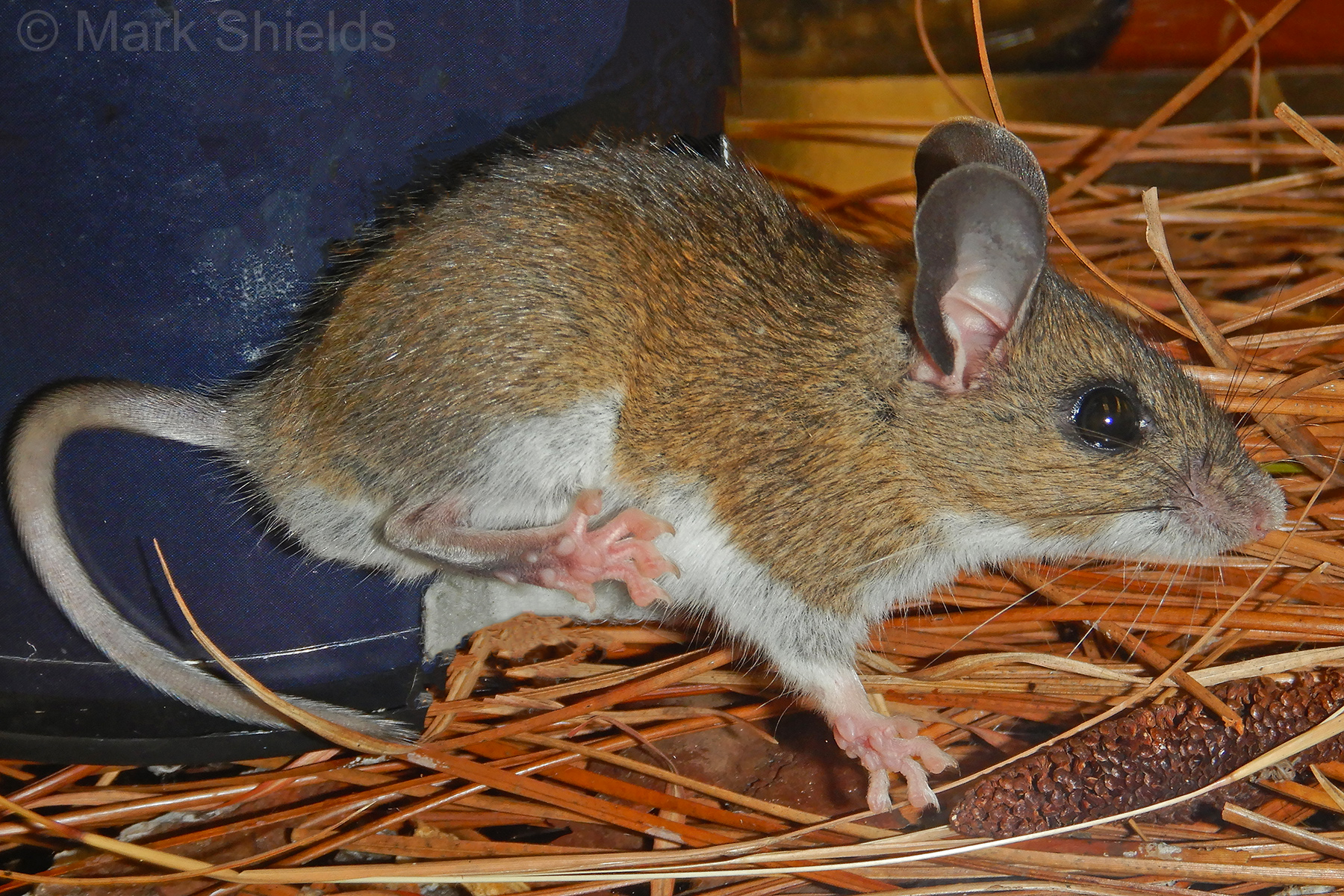|
| Distribution |
In NC, it is essentially limited to the Coastal Plain, plus the extreme southeastern edge of the Piedmont (at least west to Mecklenburg County). It does "finger" into a few low elevation areas of the southern mountains (at least in Haywood County), presumably from TN drainages. It is apparently absent from nearly all of the Piedmont and nearly all of the mountains. It has been found on the Outer Banks apparently only in Buxton Woods.
Strictly in the southeastern United States, ranging north to southeastern VA and MO, and west to eastern TX. Most of this range lies in the Coastal Plain, but it does occur into northern GA and much of TN. |
| Abundance |
Generally common, to possibly locally abundant, in the southern and eastern parts of the Coastal Plain; but rare to absent in the northwestern portions (with no known records west of Gates and Edgecombe counties and north of Duplin, Sampson, and Cumberland counties). Rare in the southeastern Piedmont counties that border SC. Very rare and poorly known in the lowest elevations of the mountains in the southwestern counties, where known from a number of records from the Great Smoky Mountains National Park, all but one apparently from the TN side of the park. As with most small rodents and shrews, true abundance levels are difficult to assess owing to nocturnal activity and few researchers doing trapping surveys of them. Sadly, there are no NC Cotton Deermouse photo reports, "valid" or not, to the iNaturalist website; yet there are numerous such reports there for the congeneric White-footed Deermouse and the North American Deermouse, suggesting that the "Cotton Mouse" is either not nearly as common within its part of NC as they are in theirs, or where it is common there are few photographers. |
| Seasonal Occurrence |
Active year-round. |
| Habitat |
Favors wetland forested habitats, such as bottomlands and swamps. It also occurs in wet thickets and upland forests to a lesser extent, and occasionally can be found in residential areas and in clearcuts.
See also Habitat Account for Coastal Plain Wet-Hydric Forests |
| Behavior |
Mainly nocturnal in activity. It swims well for a Peromyscus mouse, and it also climbs fairly well. |
| Comments |
Few field guides and other references show the range of this species in the southern Appalachians, though Reid (2006) in the Peterson field guide portrays a finger of the range coming up from GA into adjacent NC. Most interestingly, Linzey (1995) supplies a number of records of this species, including collections from several biologists, from elevations ranging from 1,442 to 2,800 feet in Great Smoky Mountains NP. All but one are from the TN side, but there is a record, presumably a collection, from Big Creek (1,700 feet) in Haywood County, NC. Presumably, the species "fingers" into this corner of the state along the Pigeon River, and perhaps up the Savannah River drainage into northern GA and adjacent NC. Yet, if it occurs in this part of the state, why doesn't it apparently occur over the eastern Piedmont, where elevations are barely 350-500 feet? Needless to say, more collection efforts are needed to solve this puzzling range west of the Fall Line. |
| Origin |
Native |
| NC List |
Official |
 State Rank State Rank |
S5 |
| State Status |
|
 Global Rank Global Rank |
G5 |
| Federal Status |
|
| subspecies |
Peromyscus gossypinus gossypinus |
| other_comName |
Cotton Mouse |
| synonym |
|



